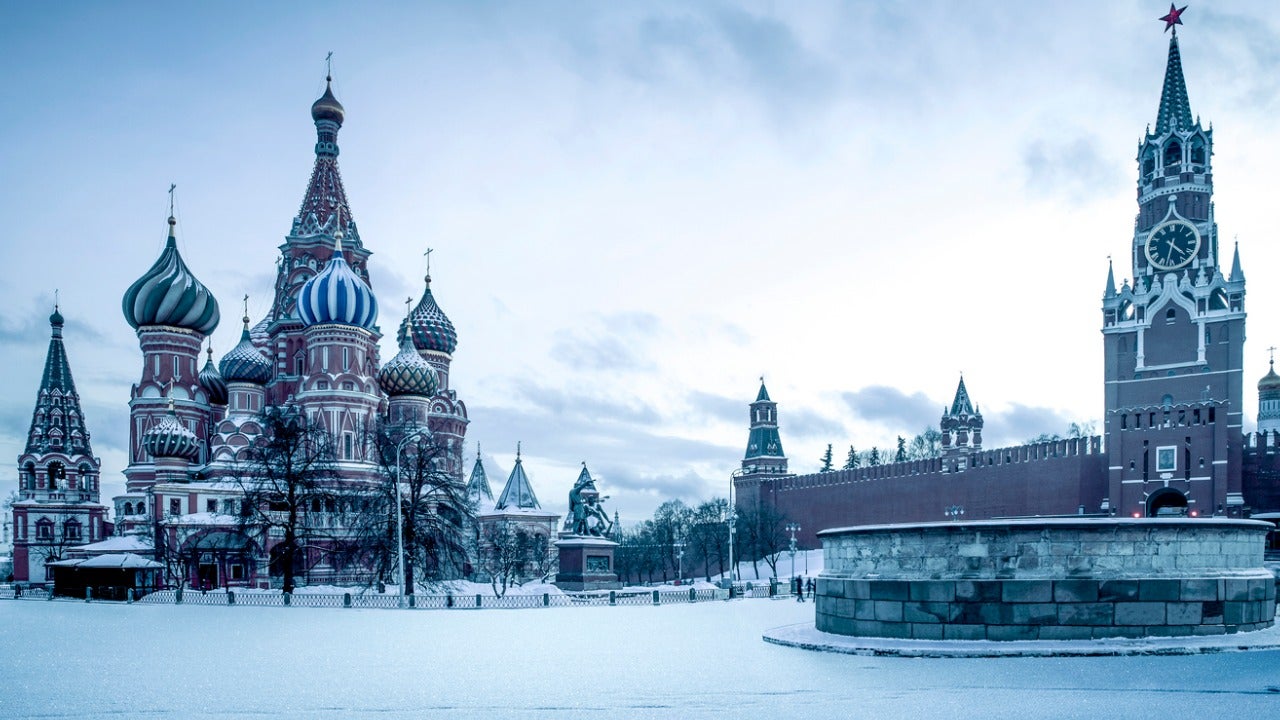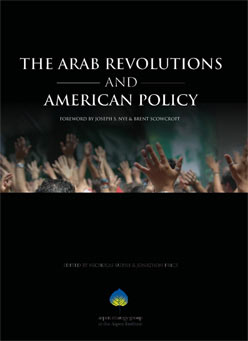Leah West is a scholar at the 2019 Aspen Security Forum.
In February, the US government began pressuring its allies to repatriate and prosecute their citizens detained by Syrian Democratic Forces for their involvement with ISIS. Of the 2000 foreigners in SDF custody, 32 are Canadians: six men, nine women, and 17 children. All the children are under 13; most are younger than 5.
Despite pressure from Canada’s closest security partner, to date, there have been no reported efforts by the Liberal government to bring these Canadians home. None have been charged with a crime (even though Canada’s terrorism laws apply extraterritorially and include an offense for traveling to participate in a terrorist group), nor have they been interviewed by Canadian law enforcement or security forces.
The reason? It’s an election year.
From an outsiders’ perspective, repatriating these Canadians may appear perfectly on brand for Canadian Prime Minister Justin Trudeau. After all, in 2015, the PM welcomed more than 25,000 Syrian refugees to Canada, embracing the first group of children as they deplaned “to show the world how to open our hearts.” We also recall the PM’s infamous #WelcomeToCanada tweet just days after President Trump implemented the first travel ban.
Beloved by many within and outside the Country for his approach on these issues, in 2017, Trudeau’s brand started to work against him.
That year, Trudeau’s government settled a lawsuit with former child-soldier Omar Khadr, convicted of killing a US service member in Afghanistan in 2002 at the age of 15. The Canadian government paid Khadr $10.5 million and formally apologized for Canada’s role in his mistreatment in Guantanamo Bay where US Forces detained him for 10 years. After news of the settlement broke, opposition leader Andrew Scheer and his fellow Conservative’s skewered Trudeau in the House of Commons and the media for weeks. To this day, the issue remains a significant source of fuel for Canada’s growing alt-right movement.
During a state visit to India a year later, Trudeau’s wife was photographed at an event with Jaspal Atwal, a former member of a Sikh terrorist organization who was convicted in British Columbia in 1987 for trying to assassinate an Indian Cabinet Minister. Atwal also received an invite to attend a reception with the PM’s family later that week in New Delhi. The “Atwal Affair” resulted in the resignation of the PM’s National Security Advisor and was the subject of a scathing report by Canada’s newly formed National Security and Intelligence Committee of Parliamentarians. A week after the trip, Trudeau’s favorability took a nosedive; the Conservatives grabbed the lead in the polls for the first time since the election and sit there today.
Efforts to repatriate Canadian ISIS members, supporters, and their children would certainly be met with hostility from a portion, if not most Canadians. The Conservatives would no doubt pounce on that sentiment, revisit the Khadr and Atwal stories, and build out the narrative that Trudeau gets cozy with terrorists. While in the past, the Liberals may have been willing to set an example and put principles above polls, in an election year already marred by scandal, I suspect the Prime Minister will not be welcoming those 17 innocent children to Canada anytime soon.
The views and opinions of the author are her own and do not necessarily reflect those of the Aspen Institute.


